The Power of Sleep: Nature’s Greatest Health and Performance Enhancer
“I never sleep, ‘cause sleep is the cousin of death.”
– Nasir Jones, “NY State of Mind
Working at a gym in a city like San Francisco is an interesting experience. Being financial and technical hub, there are a lot of high achievers with a lot of money, who will go to great lengths to put in hard hours in the gym, dial-in their nutrition, and purchase the most cutting-edge supplement to give them the extra physical or mental advantage in a workout or in the boardroom. However, nearly every single member seems to feel they are lacking in one area: SLEEP. It really is nature’s greatest health and performance enhancer.
Adequate hours of high quality, uninterrupted sleep is just as, if not, more important to your health and fitness than all of the hours you put into your workouts and your nutrition. Despite what the great street poet, Nas, or your favorite #hustlelife Instagram influencer has to say, sleep is nature’s greatest enhancer of physical and cognitive health and performance. On the flip-side, our global lack of sleep goes beyond simply being cranky for the next day. It affects our appetites, our ability to drive cars, perform our basic work or athletic tasks, and can be a root cause for many of the chronic diseases that affect modern society.
“The shorter your sleep, the shorter your life. The leading causes of disease and death in developed nations—diseases that are crippling health-care systems, such as heart disease, obesity, dementia, diabetes, and cancer—all have recognized causal links to a lack of sleep.”
Dr. Matthew Walker, PhD, Author of Why We Sleep
Phases of Sleep
There are two main phases of sleep that we alternate between each night as we sleep: Non-Rapid Eye Movement (NREM) and Rapid Eye Movement (REM).
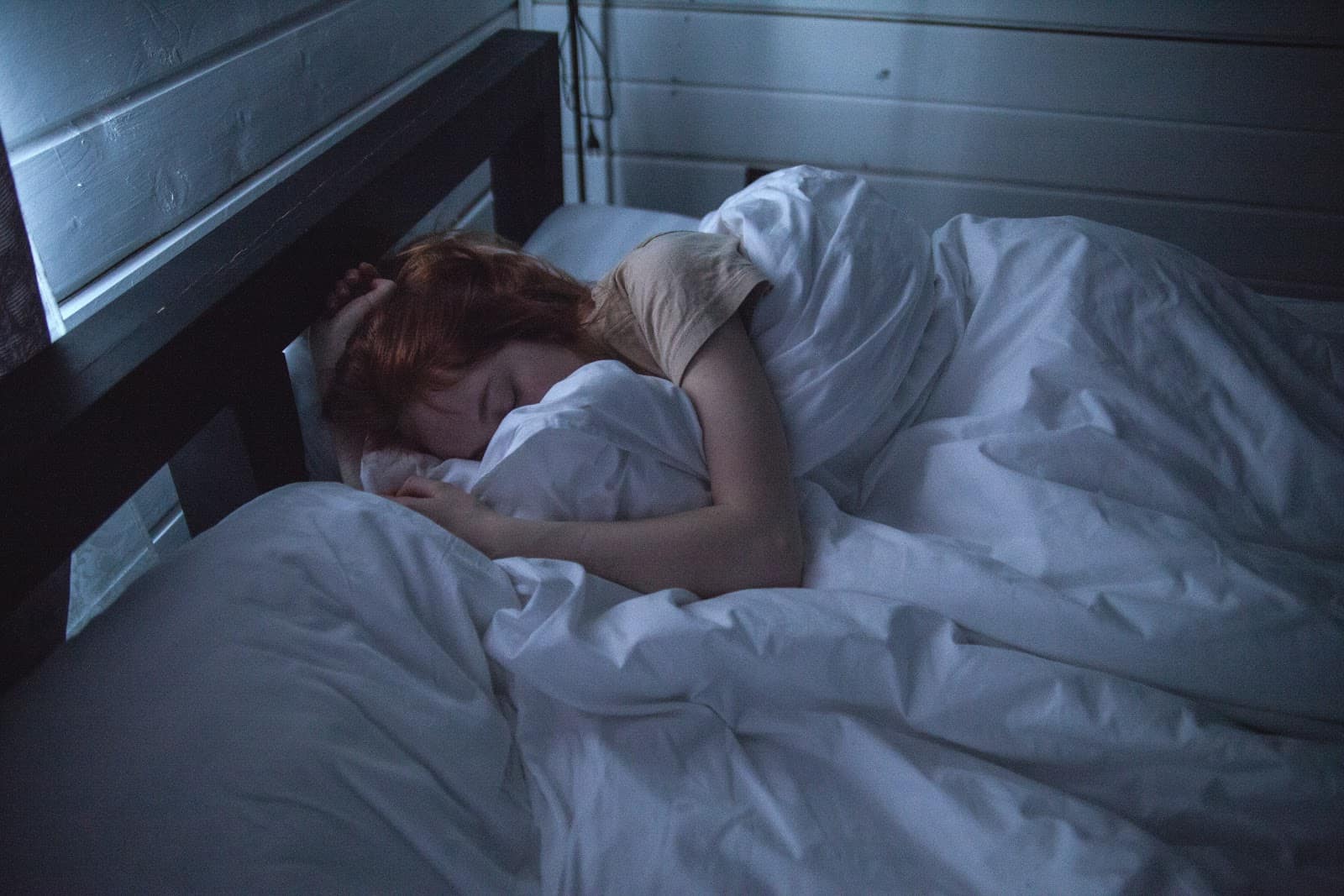
NREM sleep occurs in four stages:
Stage 1 – Your eyes are closed, but sleep is very light, like you’re half-way between sleep and wakefulness.
Stage 2 – Your muscles alternate between being toned and relaxed, breathing slows, and your body temperature drops. This is the stage where the body prepares to enter deep sleep.
Stages 3 and 4 – These your deep sleep stages, which are also referred to as “delta” or “slow-wave” sleep. Stage 4 is deeper and more intense than Stage 3.
During NREM sleep, the body repairs and restores tissues damaged from the day’s activities bolsters the immune system and builds new bone and muscle. On the cognitive side, during NREM, fact-based memories are made permanent and we recover memories that were in danger of being lost.
As we age, we get less NREM sleep. People under the age of 30 get about two hours of NREM sleep each night, while those over 65 get about 30 minutes. (3)
REM sleep usually occurs about ninety minutes into your sleep for the night. The first session will last about ten minutes but will lengthen throughout the night as you go in and out of deep sleep. The final session of REM can last up to an hour in most individuals. Many physiological changes occur during REM sleep, including:
- Eye Movement (Hence, the name)
- Increased respiration
- Increased Brain Activity (Similar to Stage 1 Sleep)
- Muscle Relaxation
Although our face, fingers, and legs may twitch during this heightened sleep state, the aforementioned muscle relaxation causes mild paralysis major muscle groups to, effectively, protect us from ourselves.
It is within REM that dreams occur. These dreams help us nurse our emotional and mental health, as well as assist in creativity and problem-solving.
Just like NREM, our time spent in REM sleep changes as we age. The percentage of time spent in REM sleep is highest in infants and young children, it declines a little in adolescence and adulthood, and decreases further into old age. (3)
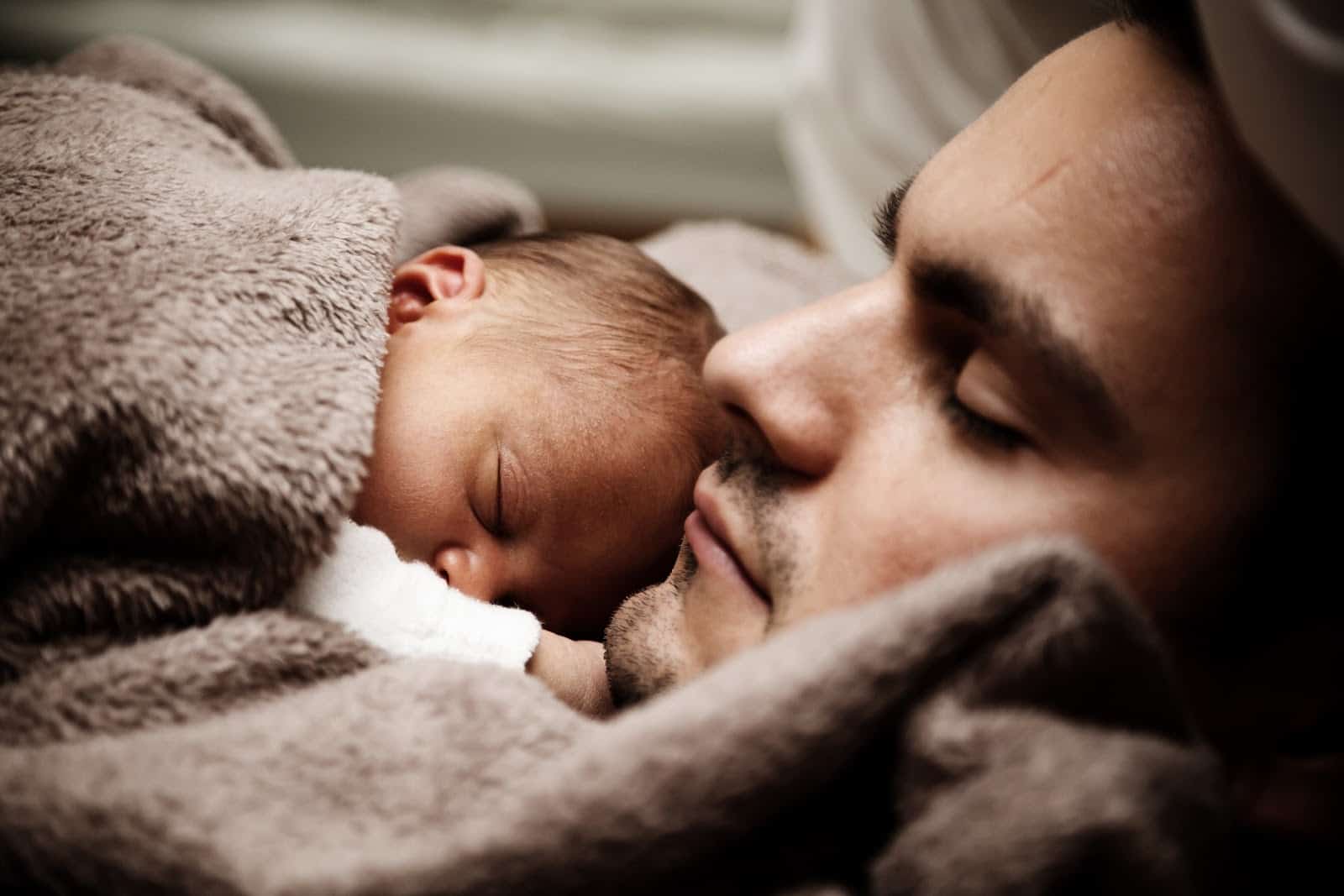
Quantity and Quality: A Matter of Priorities
The average modern adult needs between seven to nine hours of sleep. The average modern adult gets about seven hours of sleep. It’s estimated that about 33% of the population gets less than six and a half hours of sleep. Women tend to get more sleep than men, and people who carry more body fat tend to sleep less than their leaner counterparts. In addition, some studies suggest that people who get less than six hours of sleep might gain up to twice as much weight over a six-year period compared to those who sleep seven to eight hours per night. However, on average, those who sleep more than nine hours per night tend to have similar body composition outcomes as those who sleep fewer than six hours (2).
Common consequences of routinely getting less than six hours of sleep are:
- Memory loss, loss of performance, alertness, and concentration
- Becoming unaware of the above impairments–they become your norm
- Two times more likely to get into a car accident
- 200% more likely to have a heart attack in your lifetime
- You will likely eat more, due to the increased hours in your day
- The calories you consume will likely be of lower quality because we tend to crave sugary/fatty foods when sleep-deprived
- The body goes into a pre-diabetic state, so your body won’t be nearly as effective at handling calories you consume
- Your immune system becomes compromised
- The risk for cancer, heart disease, and Alzheimer’s increases substantially
- Your lifespan will likely be shortened
The number of people who can survive without impairment on less than six hours of sleep is ZERO.
Sleep debt is cumulative, so it’s relatively easy to dig yourself into a hole in just a few nights of poor/short sleep. The good news is that it’s possible to climb back out in just a few nights of adequate sleep. It’s hypothesized that each hour of sleep debt needs to eventually be repaid. (2)
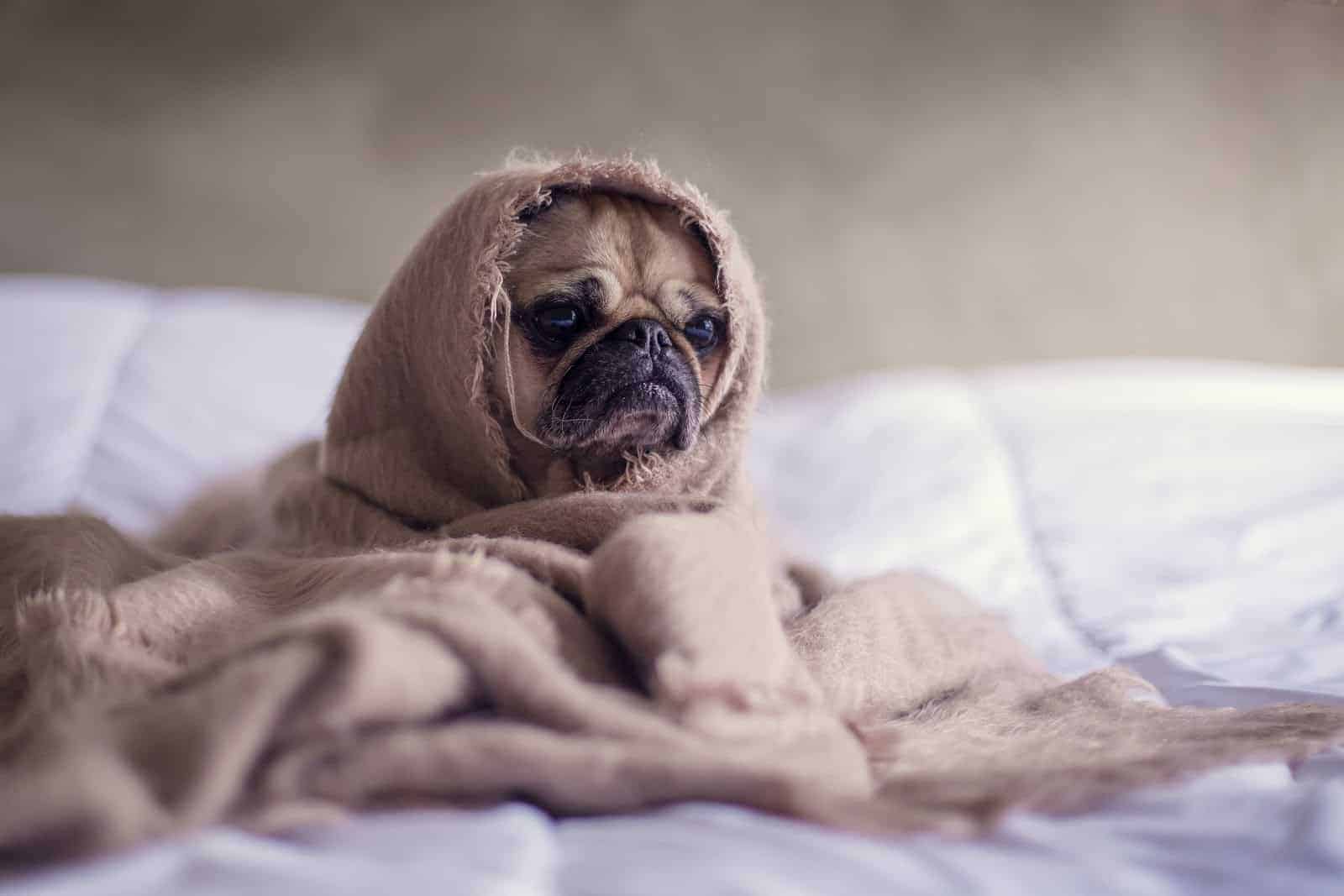
The consequences of sleep deprivation are many and serious, so why do we allow ourselves to shave-off precious hours of sleep? It’s a matter of priorities. Of course new parents, shift workers, and first-responders will experience disruptions in their natural sleep/wake rhythms–it comes with the job. Additionally, most of us experience nights of poor sleep once in a while. However, most people get inadequate sleep because they choose to delay their bedtime.
Watching TV, checking social media on your phone or computer, and going out with friends are some of the biggest contributors to delaying bedtime. For those of you who like to pull all-nighters, know that not sleeping for nineteen hours can cause you to be as cognitively impaired as a drunk person and you won’t consolidate your memories. Therefore, you will not perform nearly as well on exams, presentations, or any other basic daily duties.
If we were to remove these forms of stimulation, especially the electronic type, it’s likely more people would get about eight hours of sleep each night, due to the natural sleep/wake cycles of the human brain.

Daytime Preparation:
A good night’s sleep starts in the daytime. Here are some strategies for setting yourself up for success:
- Get 10-12min of Mechanical breathing, meditation, or mindfulness practice
- Start your morning with 12-20oz of lightly salted water (with lemon juice, if possible)–Kickstart hydration and digestion for the day
- Limit optional sitting.
- Take it one step further by trying to get 10,000 steps per day
- Get in some exercise–30-60min of a challenging activity you enjoy
- Eat a wide assortment of fruits and vegetables thoughout the day.
- Check out the 800 Gram Challenge as a starting point
- Eat lean protein with each meal
- Limit Alcohol Intake…
- Limit Caffeine Intake…
Alcohol, Caffeine, and Sleep Aids

Alcohol, while fun, is an insidious substance. Since it is a suppressant/sedative, people tend to think that it’s a sleep aid. The reality is, alcohol is not a natural sleep-inducing substance. In fact, it litters your night’s sleep with micro-awakenings that go unnoticed, which can lead to feelings of exhaustion the next day.
The good folks at Whoop have been conducting an extensive amount of work studying the effects alcohol has on athletes’ performance and recovery. Check out this podcast for a quick run-down of alcohol’s effects on athletic performance and recovery. Here are some highlights:
- Alcohol disrupts your natural NREM and REM sleep cycles, so you only get a bunch of light sleep, which isn’t nearly as physically or mentally restorative.
- Recent research suggests that consuming alcohol up to six hours before bedtime can inhibit the brain’s ability to process and store information (5).
- 95% of human growth hormone is secreted during slow-wave (NREM) sleep, which helps us recover, repair, and become more fit after exercise. Since alcohol blocks our natural sleep cycles, it blocks our ability to gain any benefit from our physical endeavors (1).
Caffeine use can also be a big determining factor in the amount of sleep you get per night. Caffeine is a stimulant and is highly useful whenever you need a little “pick-me-up”. From your morning coffee, afternoon tea, or pre-workout cocktail, caffeine is one of the most effective and accepted drugs out there.
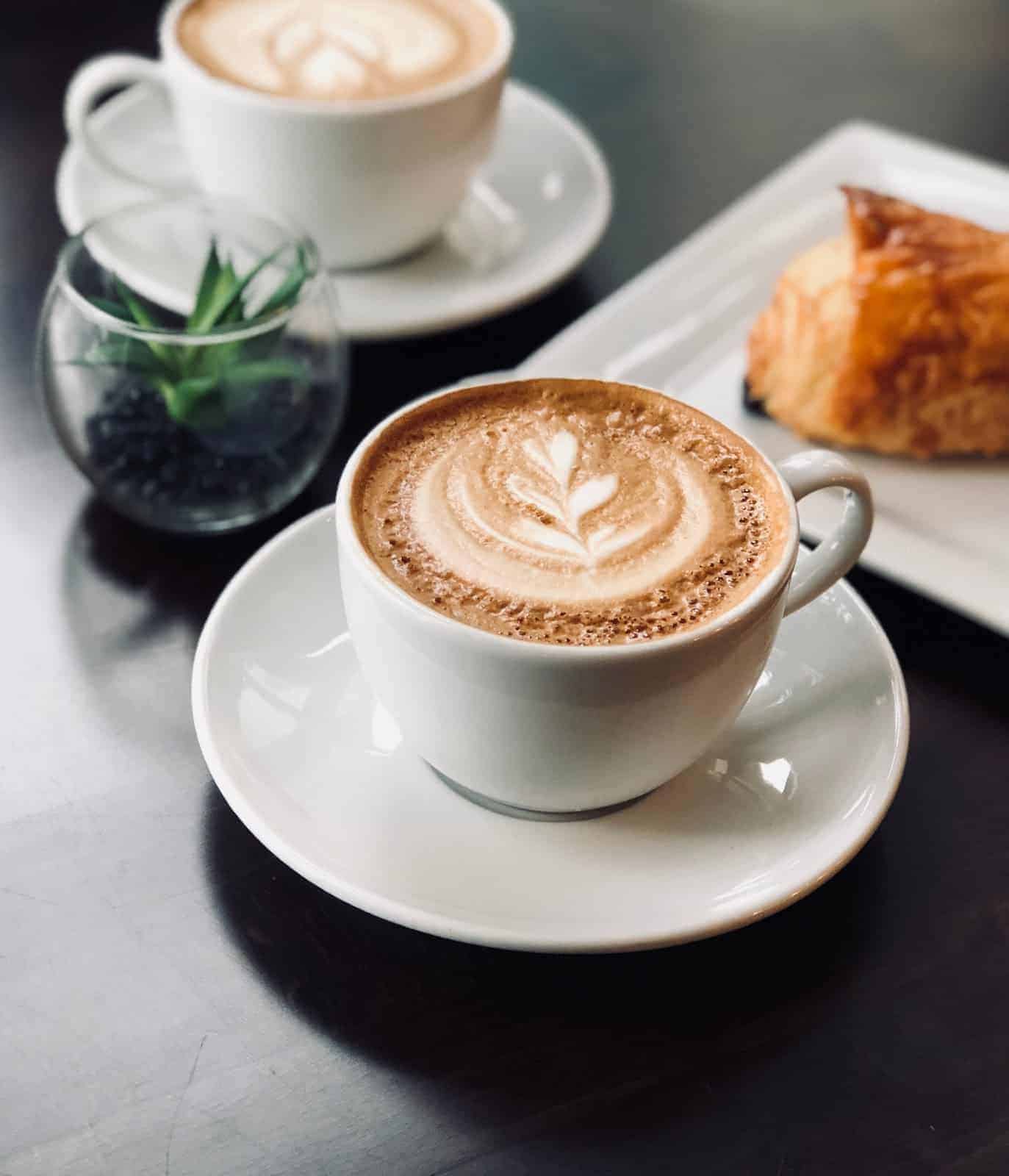
However, consuming caffeine too late in the day can have detrimental effects on your ability to get a good night’s sleep. Caffeine has a half-life of about five hours, so if you have a small cup of coffee (~40mg of caffeine), five hours later you might have about 20mg still affecting your mind and body (4).
Our recommendation is to curb caffeine consumption past 3:00 PM. You can definitely enjoy your coffee drinks and such before then, but eliminating caffeine after 3:00 PM will set you up well for a restful night of sleep.
Most importantly, please avoid the common stimulant/depressant cycle illustrated here:

Sleep aids, both natural and pharmaceutical, should be used sparingly unless ordered by your primary care physician. They can be useful when making big timezone changes or when sick, but they are not a long-term solution or replace for a natural, good night of sleep. They, too, disrupt our natural sleep patterns, thus blocking the benefits we would normally receive. Again, if you were prescribed sleep aids by your doctor, please continue with your treatment regimen.
Sleep Hygiene
There is no substitute for good sleep hygiene. Here are some key habits you can build into your nightly routine to optimize your bedtime ritual:
Pre-sleep:
- Drop your core body temperature with a cold plunge or shower.
- Limit blue light exposure:
- Turn off the TV and computer, engage “Night Shift” on your phone if you need it. Use and app like F.lux if you need to do some work close to bedtime.
- For bonus points, start dimming lights around your house or apartment about 30 minutes before bed.
- For nutritional support, Tart Cherry Juice and Magnesium help the body relax.
- 10 minutes of The Ready State-style soft tissue work and deep breathing to help switch on the parasympathetic nervous system.
- Aim to prepare for and go to bed at the same time every night.
Sleep and Environment:
- Your room must be dark and quiet:
- No lights or electronic distractions (TV, phone, computer, etc.).
- Blackout curtains are a must.
- Use an eye mask and/or earplugs if you live in an especially lively environment.
- Your room must be cold:
- About 65 degrees fahrenheit.
- Kelly is a big fan of the chiliPAD, which can be very helpful if you have a partner who likes their sleep environment at a different temperature than you.
- Use the same pillowcase, especially if you travel.
- If you need an alarm clock, purchase a cheap, digital clock with dim, red numbers, and cover or block the number display.
Conclusion
Sleep, like any other physical activity, can be tracked. Whether you use an electronic tracker, like the Whoop Band, or you keep a physical journal, it is important to build awareness around the quantity and quality of each night’s sleep. How many hours did you spend in bed? About how many hours do you think you slept? If you find you are lacking your sleep practice, find out why. Is it something you’re eating, a new medication, alcohol use, caffeine, or delaying bedtime?
Perhaps keeping a food and sleep journal might help you keep track of what’s coming into your body and how it’s affecting your precious hours of sleep each night. Again, sleep is your greatest ally in having a successful day and a healthy life. Here are some parting words from a special friend of The Ready State:

“I think I could have been a more effective president if I had slept more while in office.”
-President Barack Obama
Resources:
- Ahmed, Will. https://www.whoop.com/the-locker/podcast-43-alcohol-affects-sleep-recovery-performance/
- Andrews, Ryan. https://www.precisionnutrition.com/all-about-sleep
- https://my.clevelandclinic.org/health/articles/12148-sleep-basics
- https://www.medicalnewstoday.com/articles/321784.php
- Rohers, Timothy and Roth, Thomas. Sleep, Sleepiness, and Alcohol Use. https://pubs.niaaa.nih.gov/publications/arh25-2/101-109.htm
- Walker, Matthew. Why We Sleep: Unlocking the Power of Sleep and Dreams

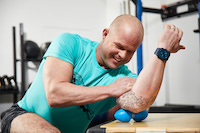
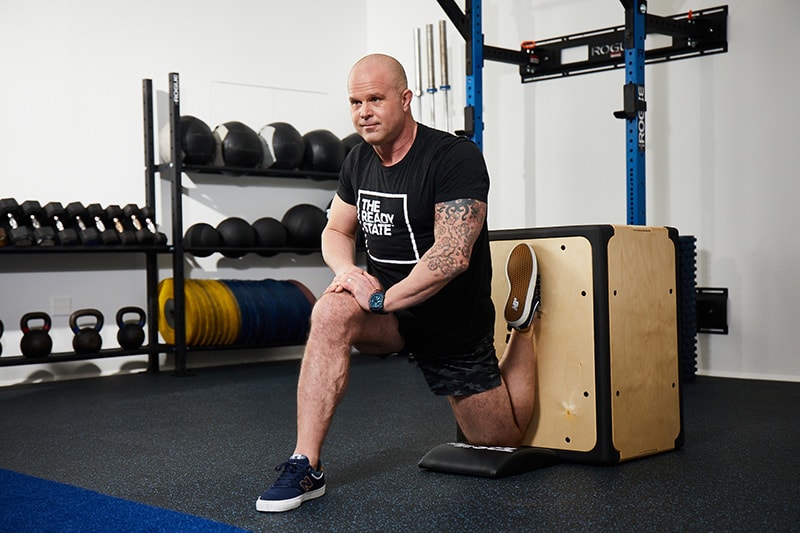
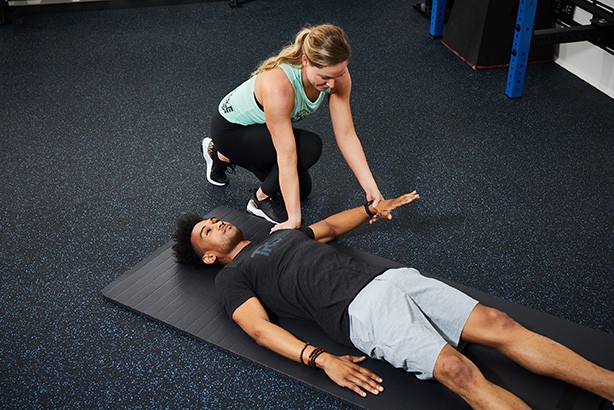
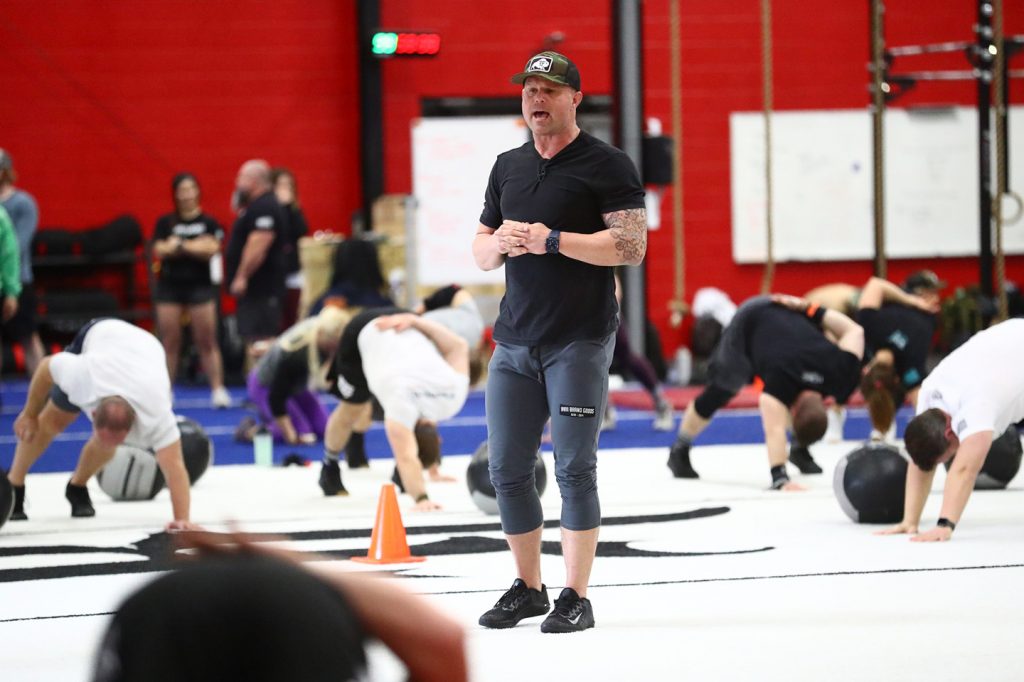
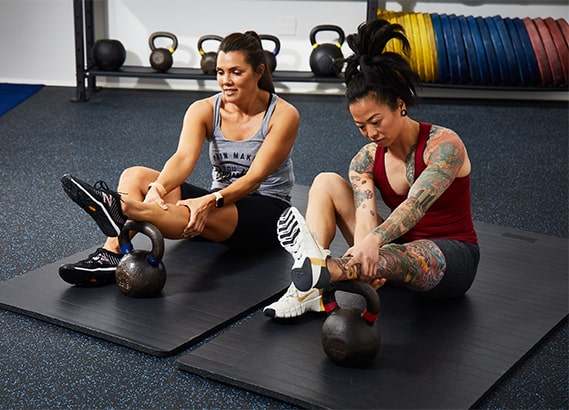
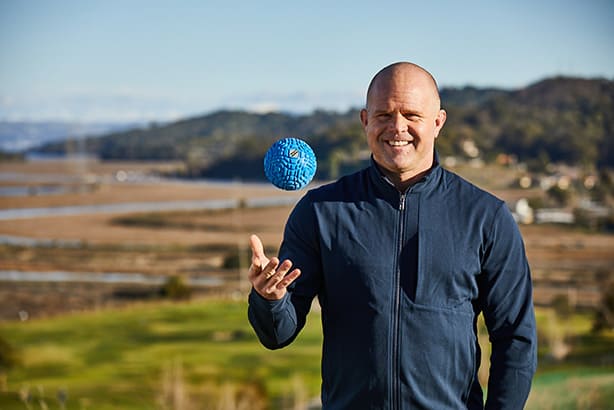
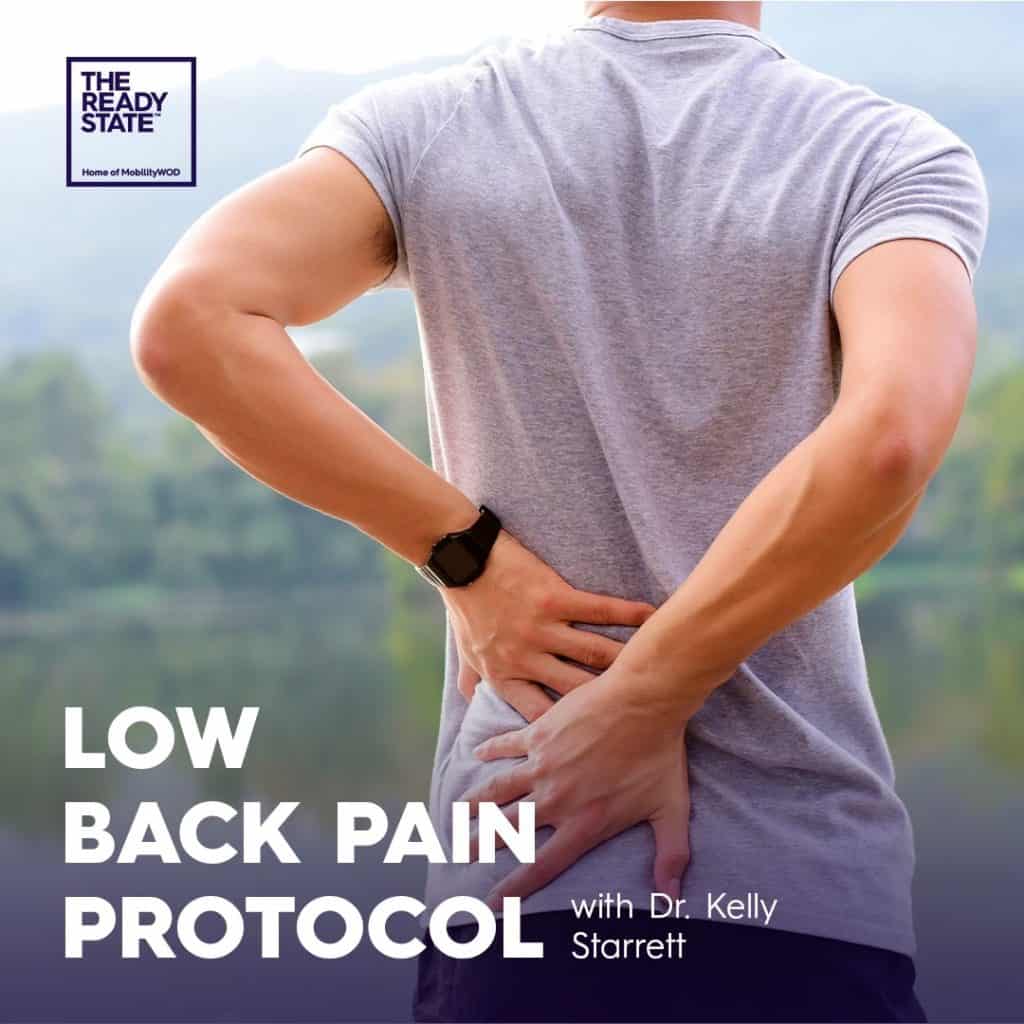
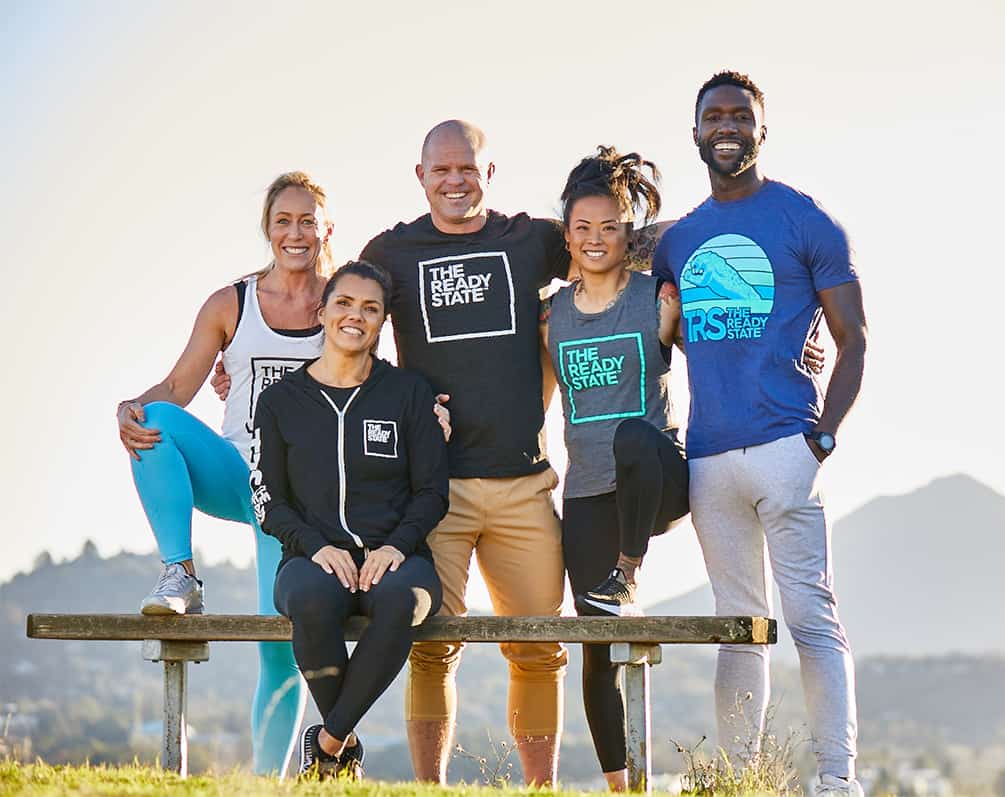

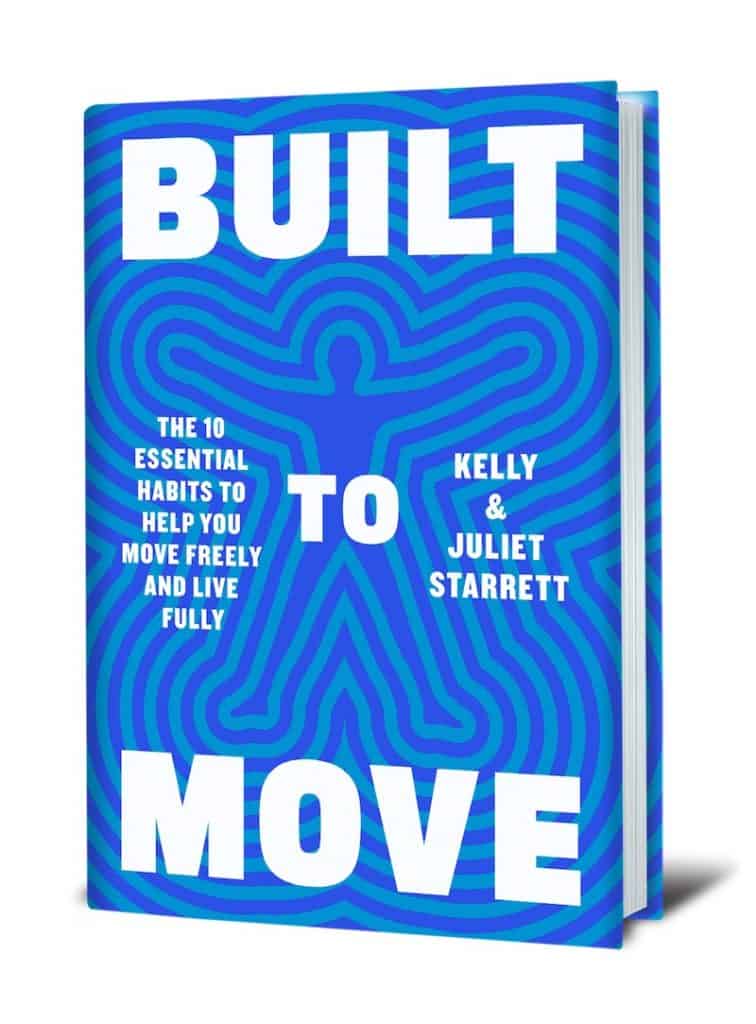
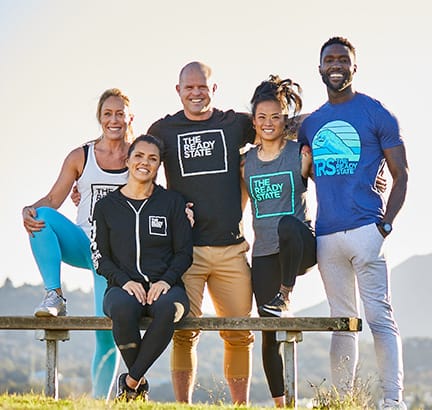
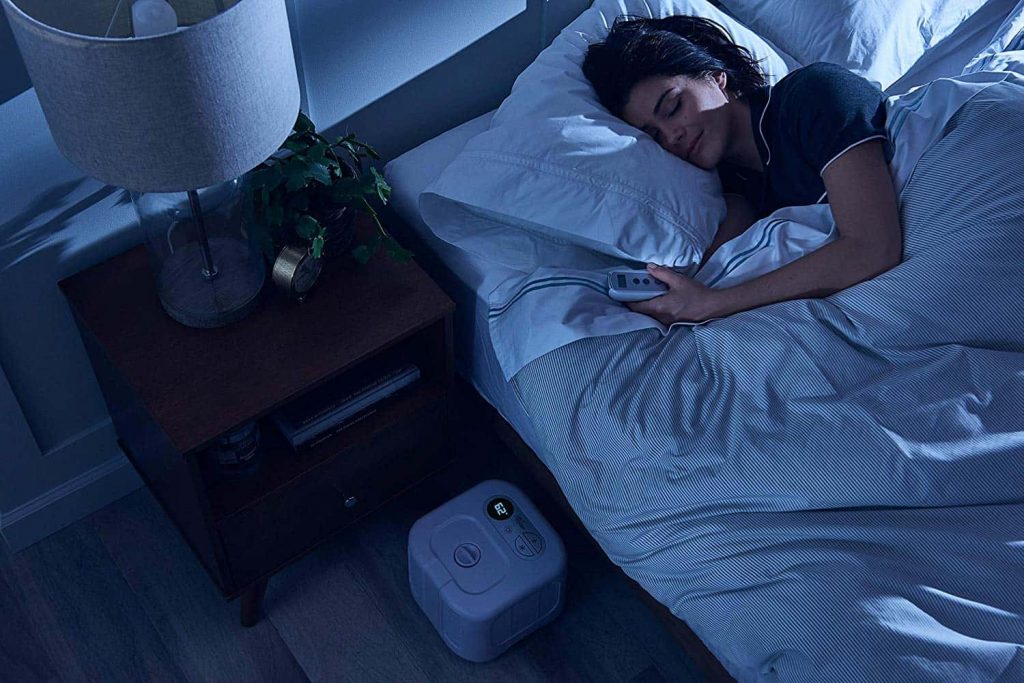






TRS Virtual Mobility Coach
Guided mobilization videos customized for your body and lifestyle.
FREE 7-Day Trial